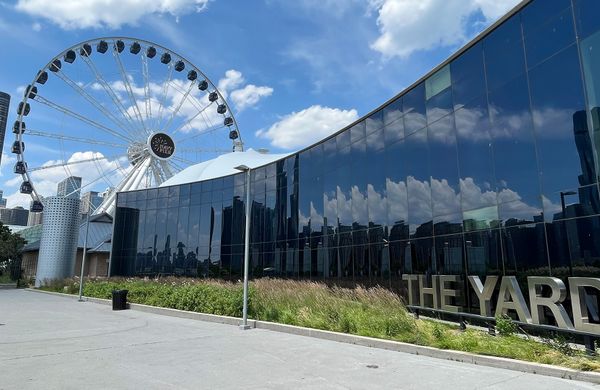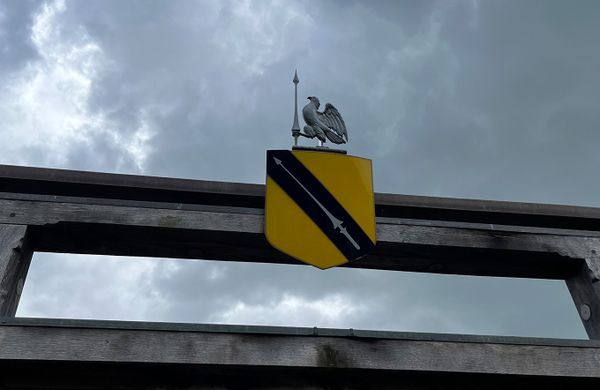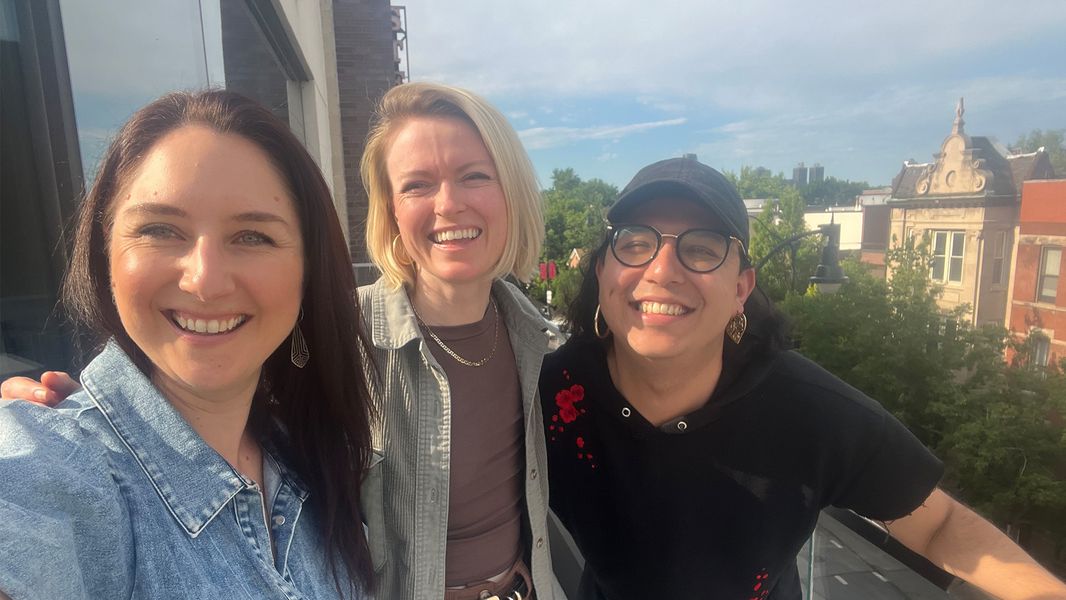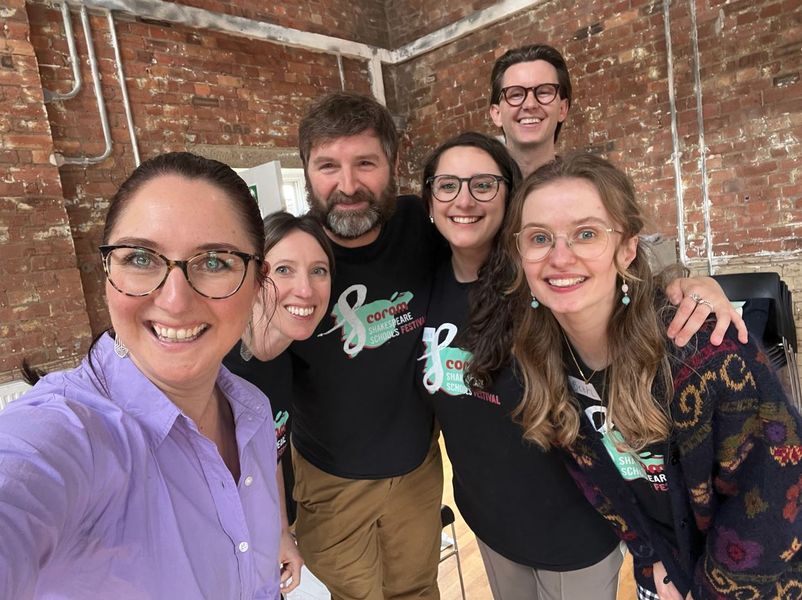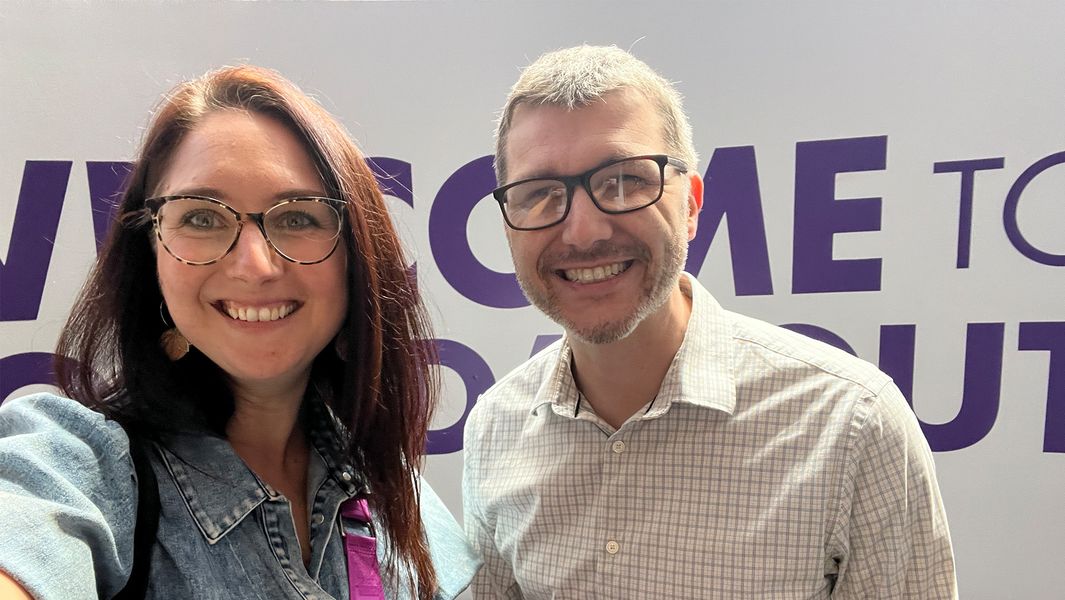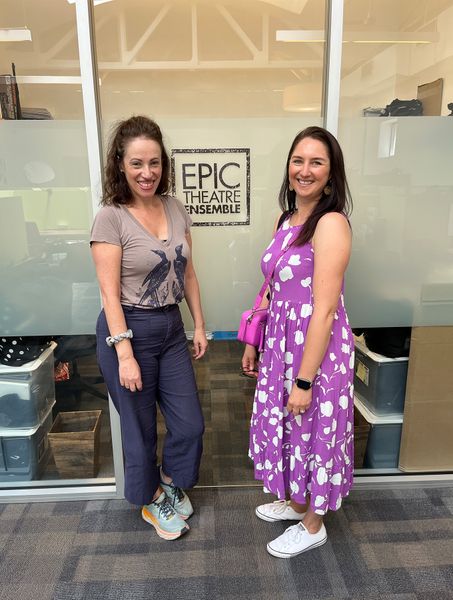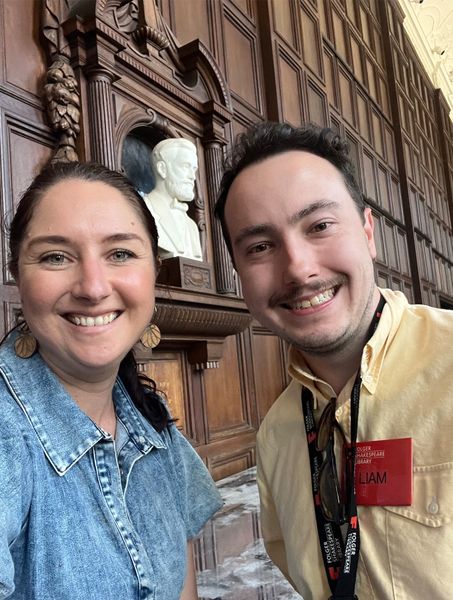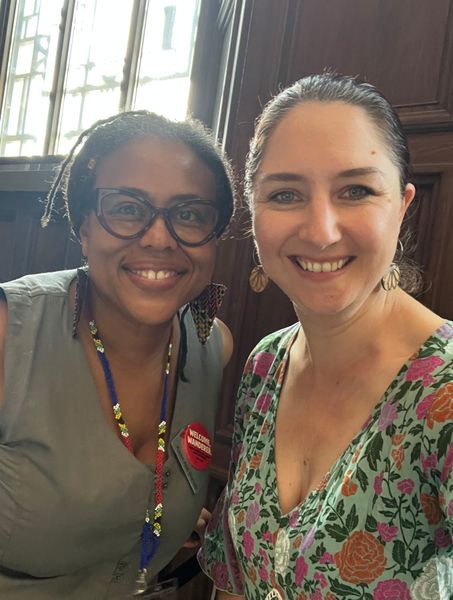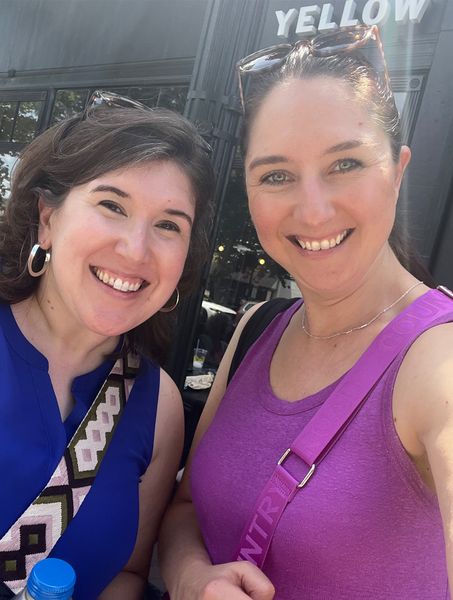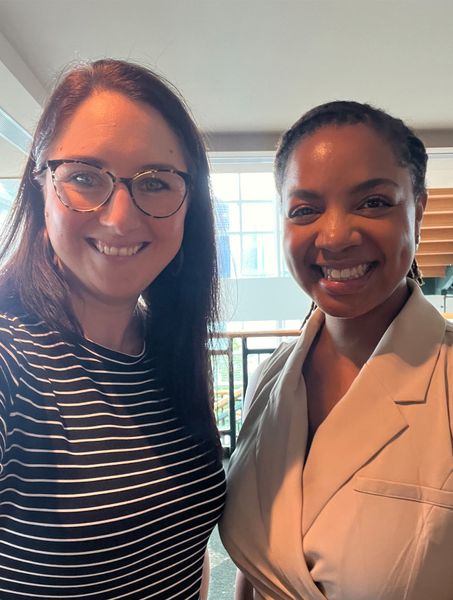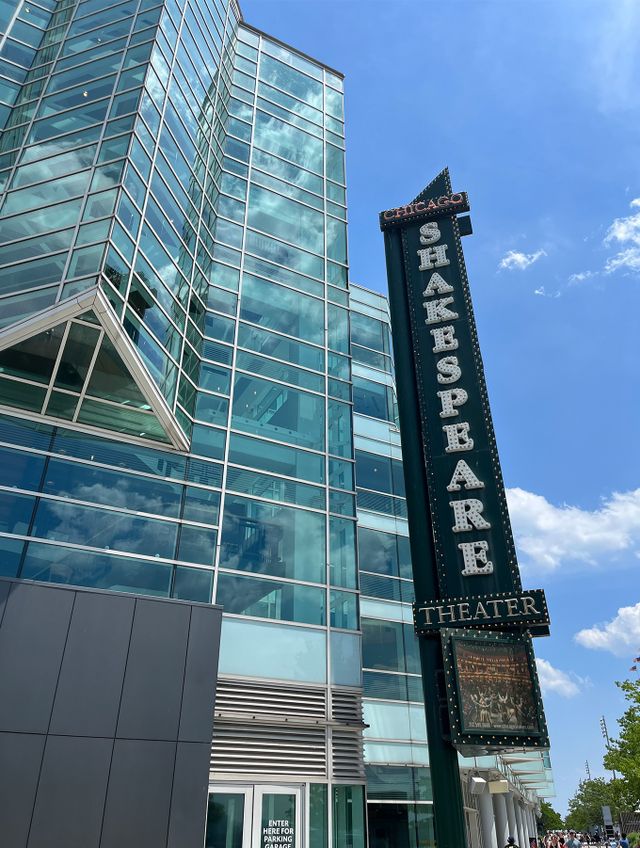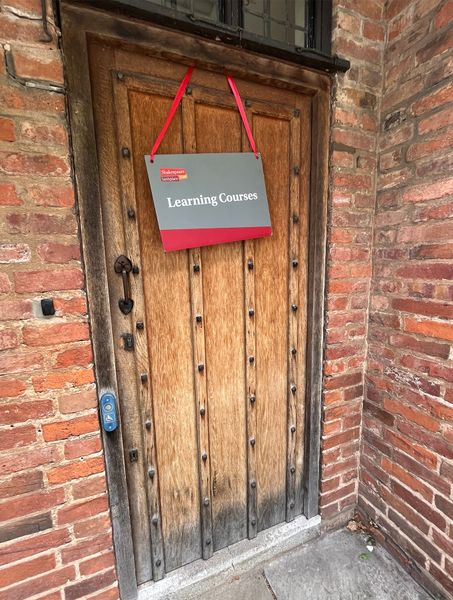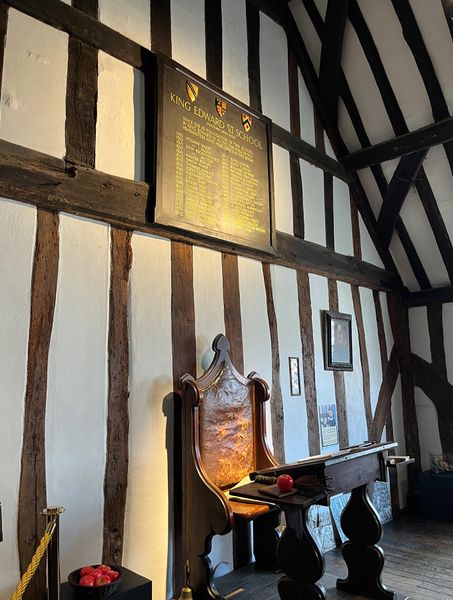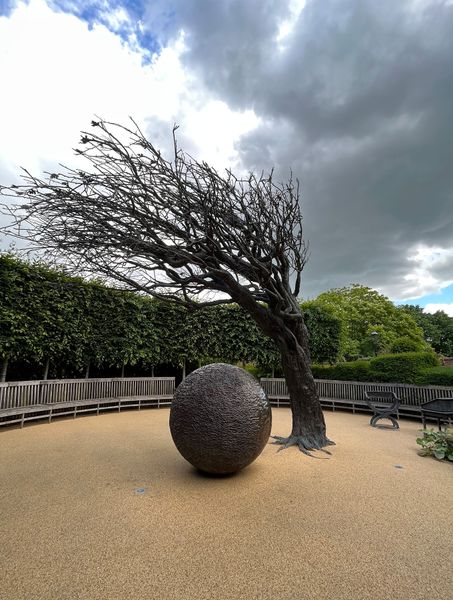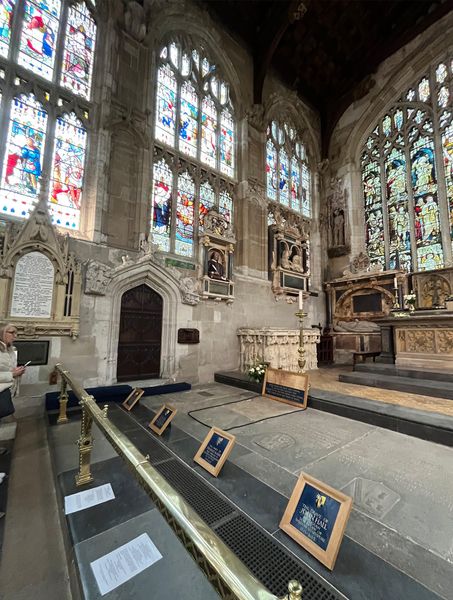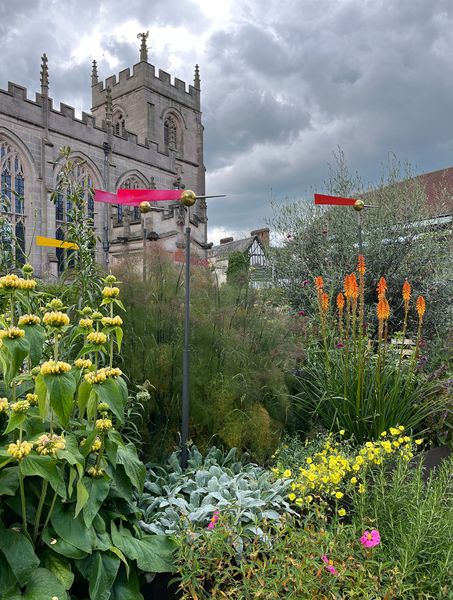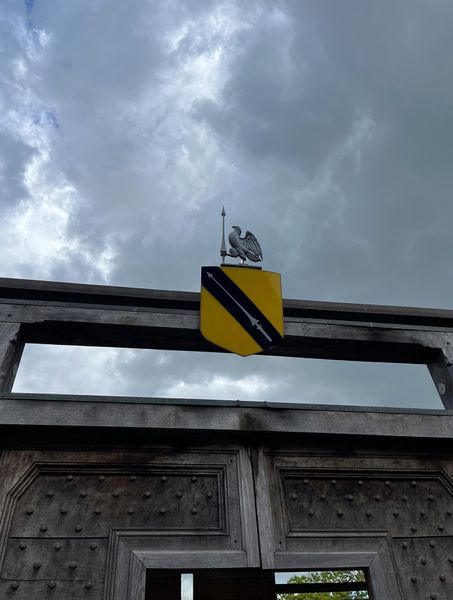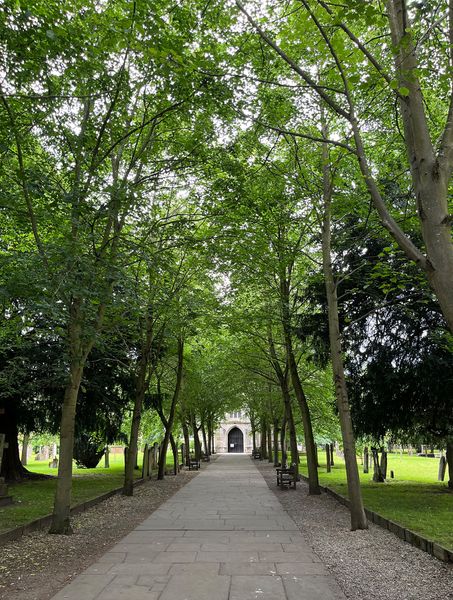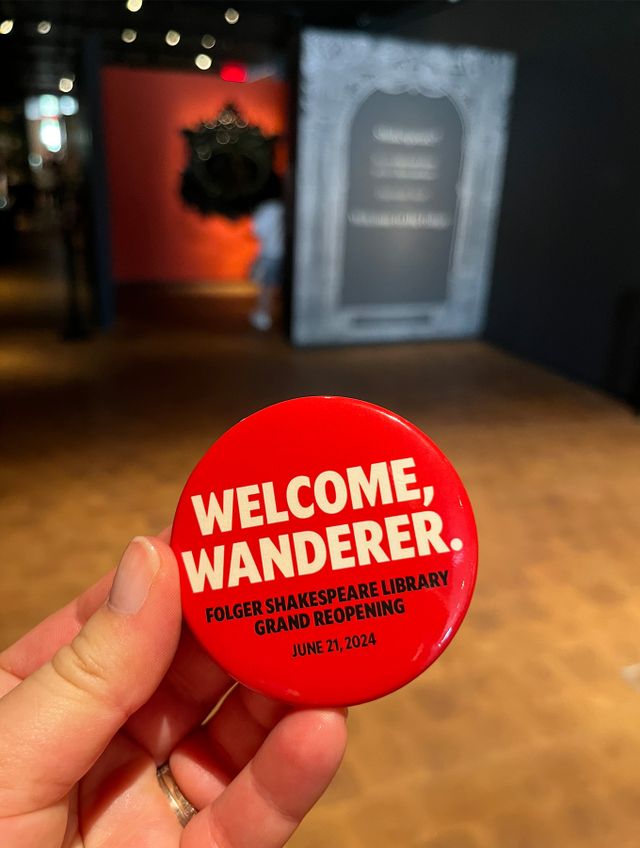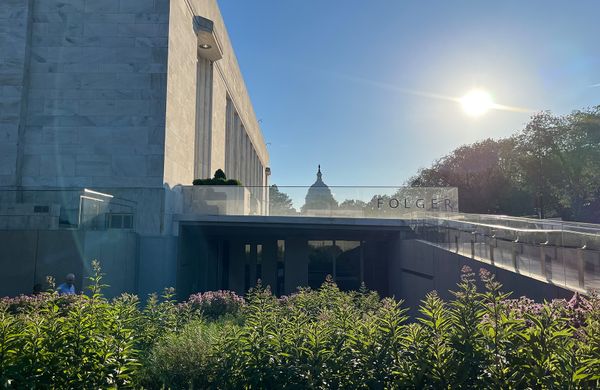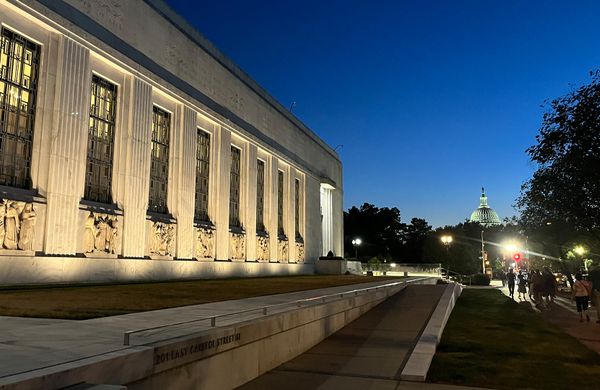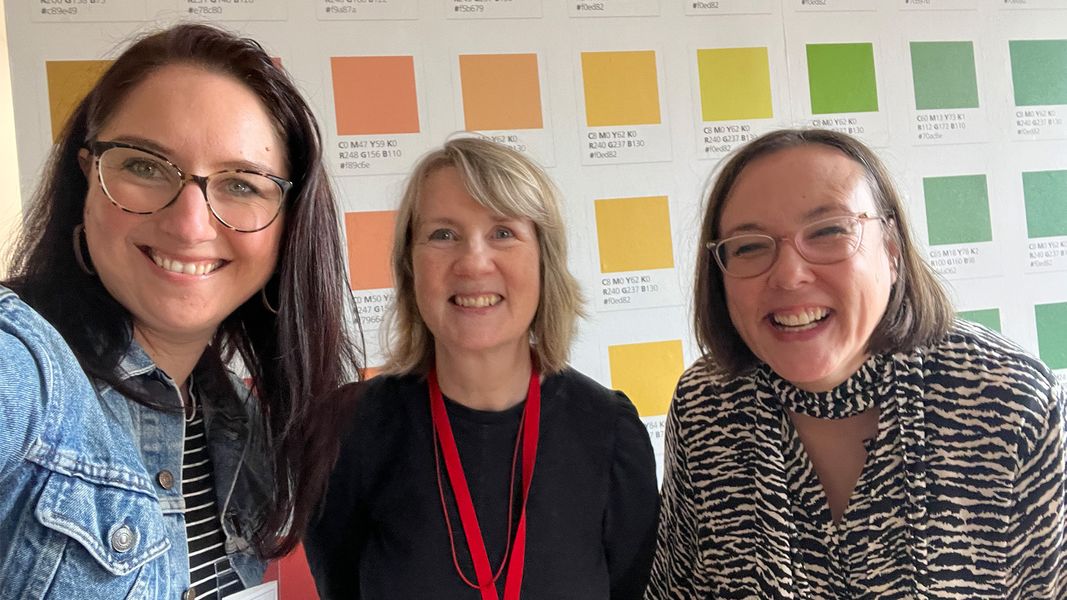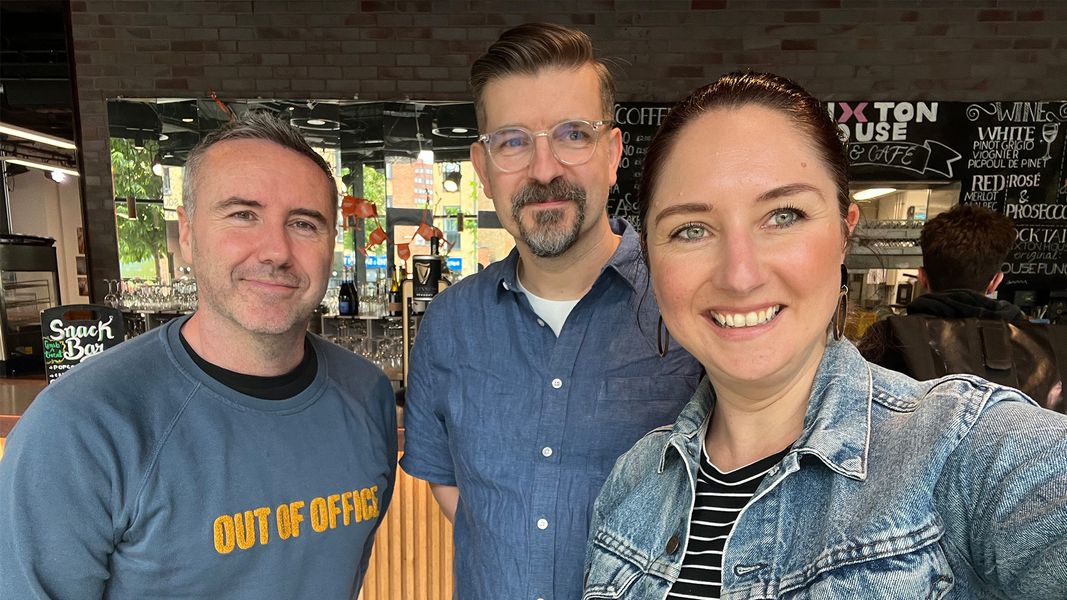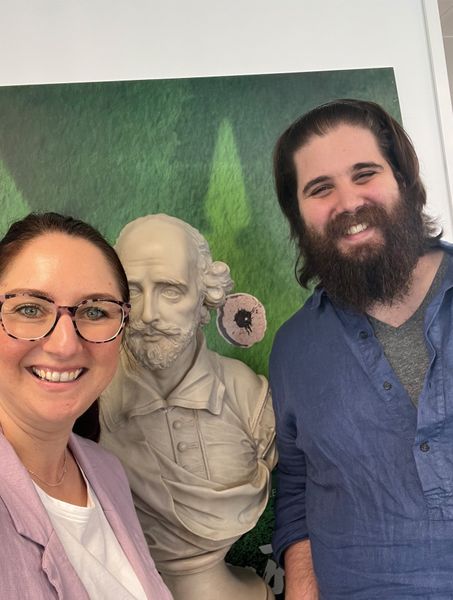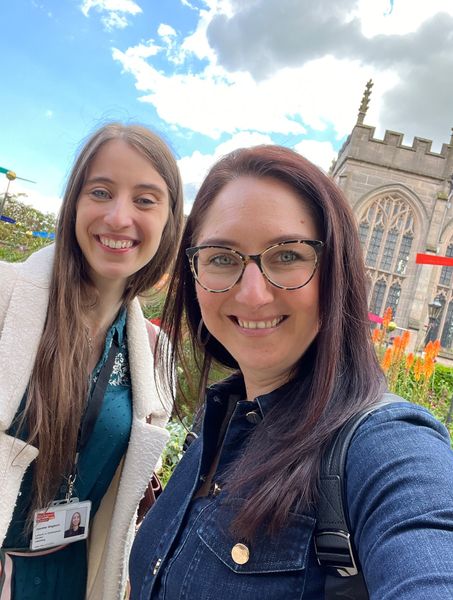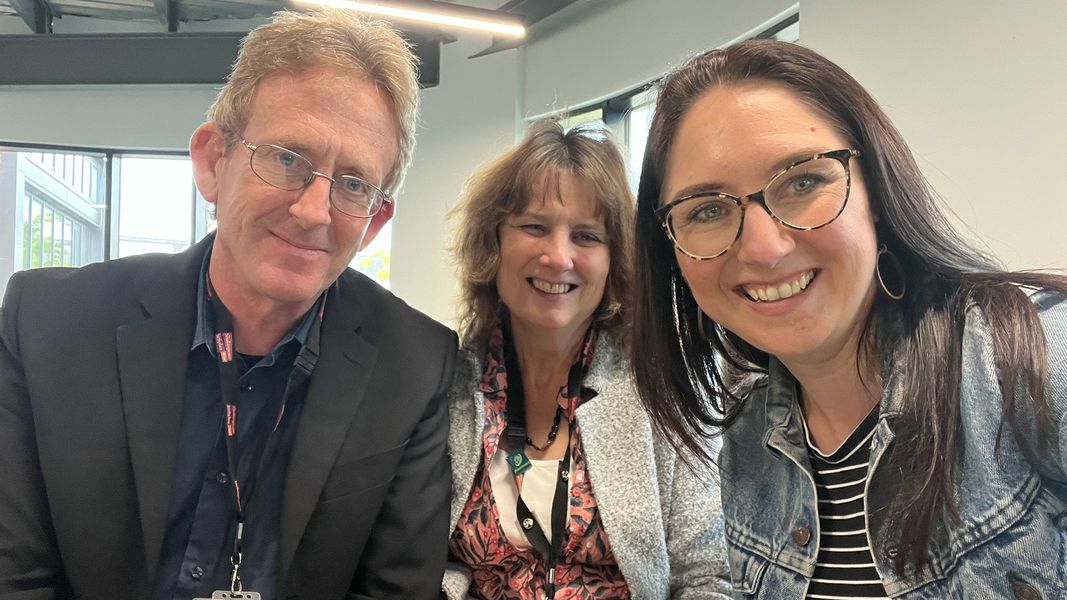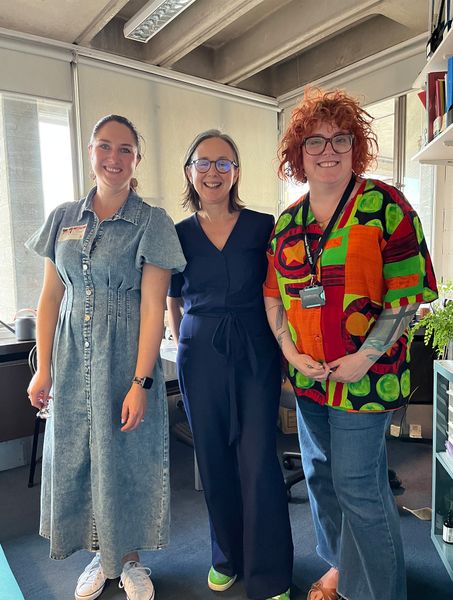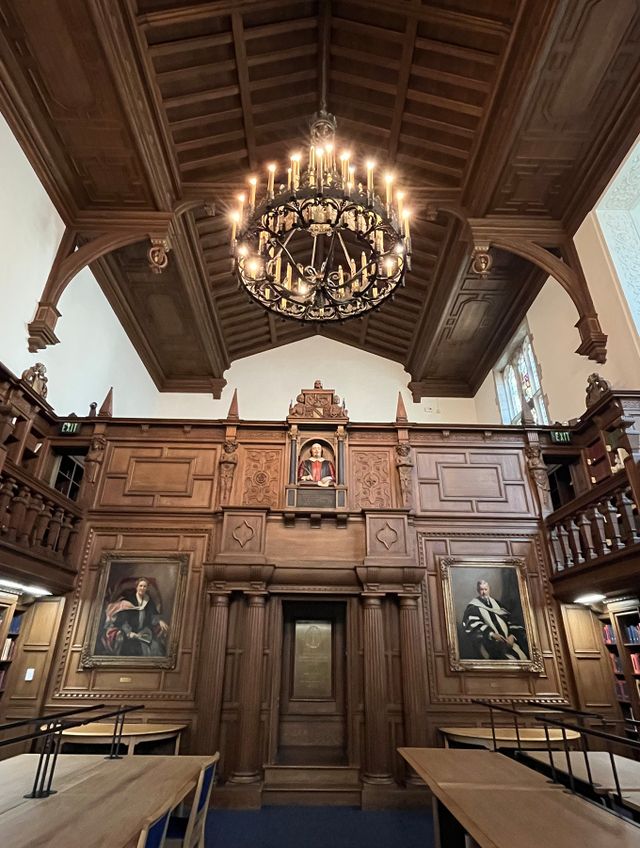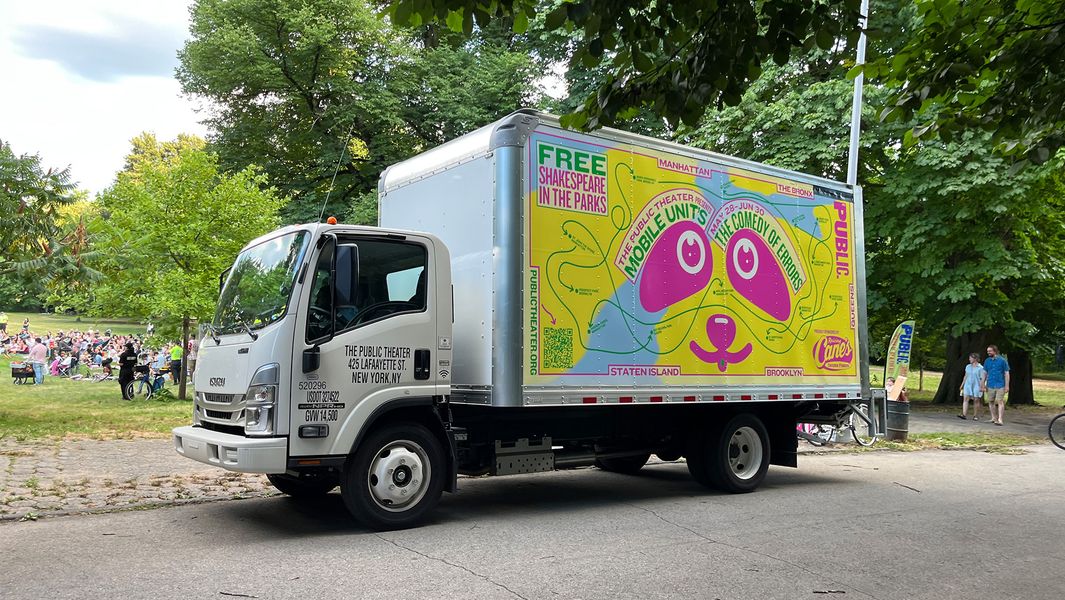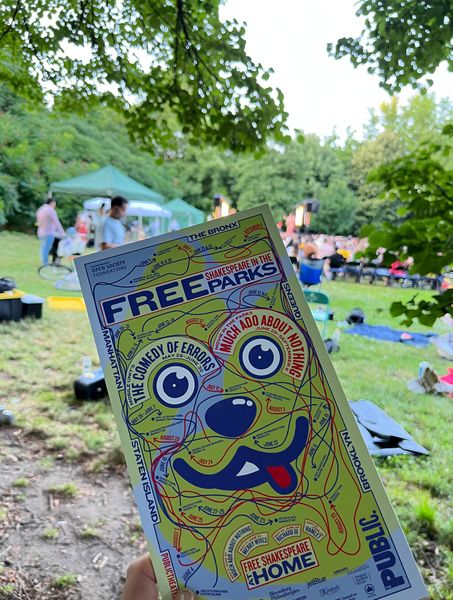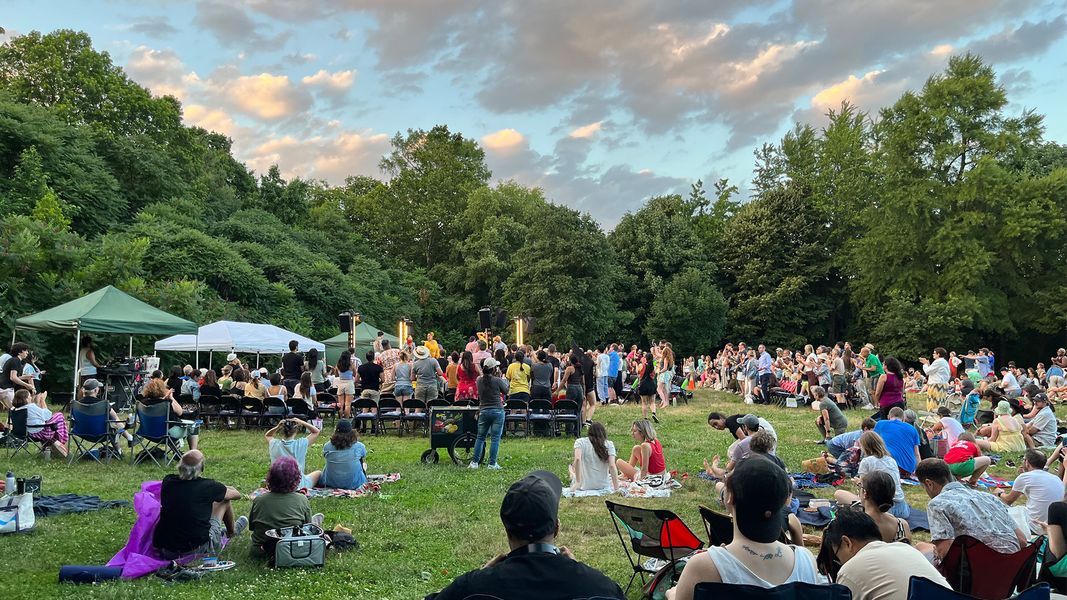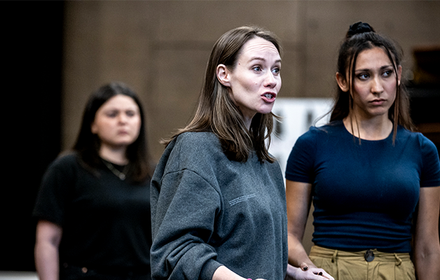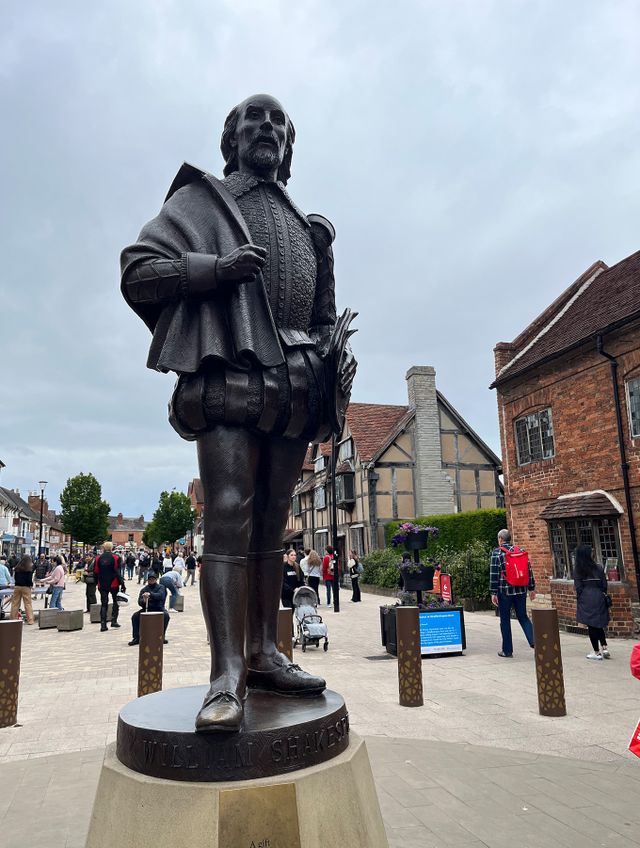
We know that programs such as our renowned Regional and now National Teacher Mentorship deliver significant positive social and educational outcomes for teachers and their students, and improve teacher retention, engagement and student achievement. It is transformative for teaching practice, in providing teachers with active, embodied learning strategies that, when implemented, make the classroom a place of excited engagement. The feedback and impact that this program has is unlike anything I have ever seen – we are regularly told that “Every teacher in Australia should do this.” That many teachers were on the brink of quitting, and that the program made them remember why they became a teacher. That they feel alive again, and that they are having as much fun as their students.
Yet while the program has such a deep impact, and while we train our teacher mentors to train others and pass on their learnings, the fact remains that the program is available to 30 teachers annually. In response to the crisis at hand, it doesn't feel like it scratches the surface of the issue at hand. So I wanted to meet with arts and cultural organisations across the US and UK that deliver a range of innovative teacher programs, methodologies and training, and gain insight into their ethos, approaches and models of delivery. Could there be great ideas out there for how we could level-up our work with teachers, and approach our work in a new way? Can we work with more teachers, and retain this meaningful engagement?

